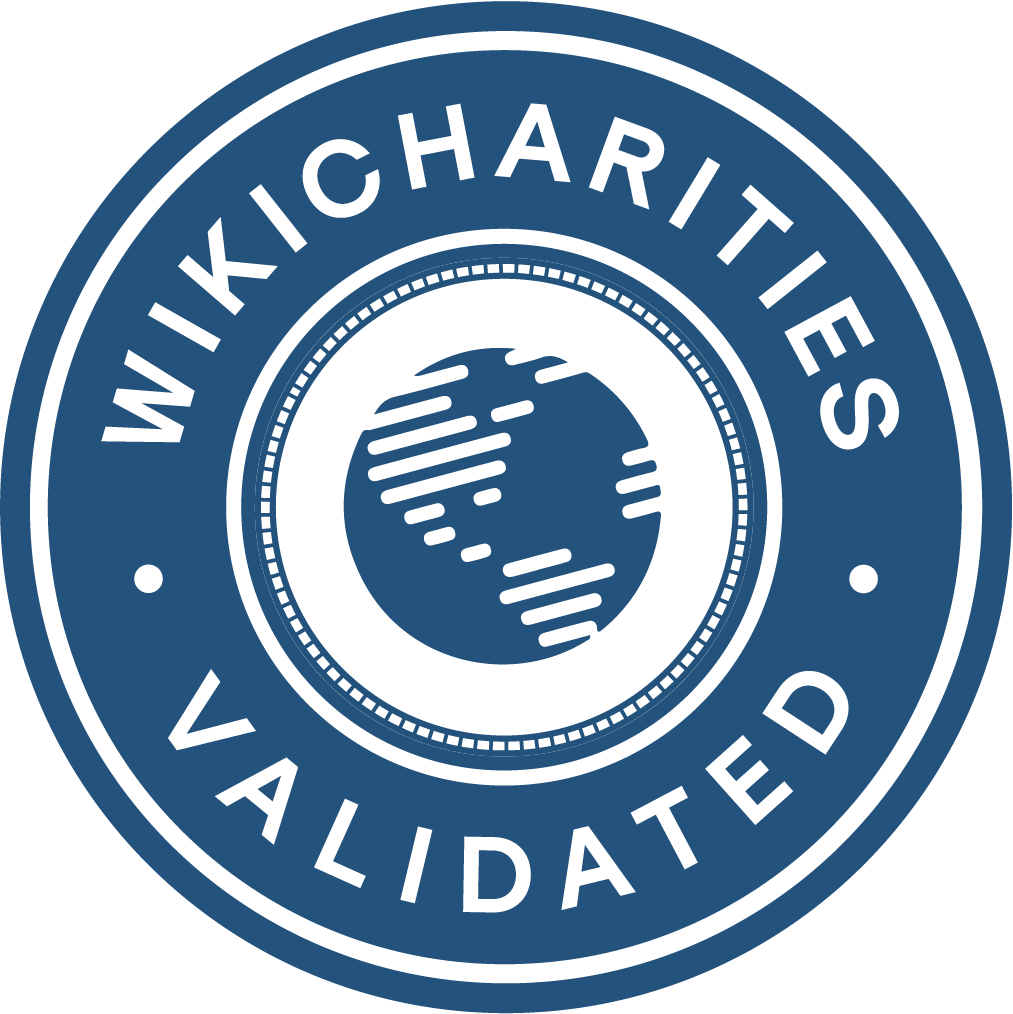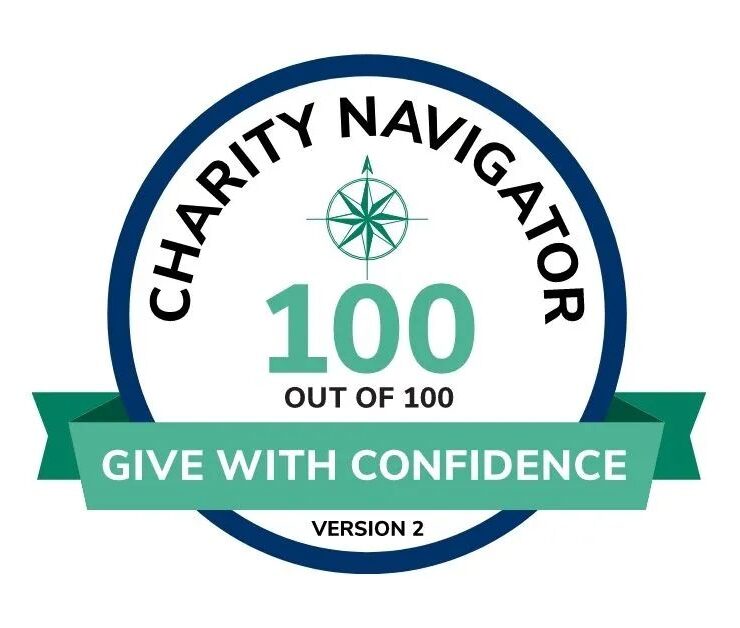Question? See common questions below!
No, HOWEVER, you do need documents to get BACK into the United States. Acceptable documentation for land travel includes a passport for those older than 18 or a certified birth certificate for those 18 or younger. If volunteers who are younger than 19 have a valid passport, that is the best form of citizenship. If minors are traveling without their parents, it is also required to have a letter from the parents giving limited power of attorney and guardianship of the minor for a specified period of time to an adult who will be traveling with the minor. The requirements to re-enter the United States are detailed on the US State Department’s website at http://www.getyouhome.gov/html/eng_map.html.
Typical Work Day Schedule*:
- 6:30 a.m. — Wake-up call
- 7:00 a.m. — Breakfast
- 8:00 a.m. — Start project work!!!
- 12:30 p.m. — Clean up and store equipment as assigned
- 1:00 p.m. — Lunch
- 1:30-5:30 p.m. — Varies by day, but usually includes: playing with orphans, visiting with other volunteers, seeing the sights, taking orphans on excursions, shopping, etc.
- 6:00 p.m. — Dinner
- 8:30 p.m. — Evening gathering (includes announcements, song, thought, optional prayer)
- 10:30 p.m. — Lights out
*Subject to change depending on needs, time, weather, temperatures, and sunlight
A Child’s Hope Foundation does NOT have a minimum age requirement for service trip volunteers. However, we do ask that parents of children under the age of 8 years old consider how your child would fare on a trip of this nature.
Trip fees are the same regardless of the age of the participant.
The United States Department of State frequently posts warnings for traveling outside of the U.S. This includes warnings for travel in Mexico. Though we have never had any problems, we do require that volunteers stay in groups of three or more at all times to mitigate any risks of harm.
The trip fee includes all meals (breakfast, lunch and dinner), starting with dinner on the first day of the trip. Breakfast is not included on the last day of the trip, as volunteers usually get up early and find their own accommodations on the drive back to the border. There may be exceptions with reserved/private trips.
Water at the home is generally not filtered except in a few locations such as the kitchen, which will be pointed out to you upon arrival. Bottled water is available at grocery and convenience stores everywhere, as well as most restaurants. If you have any questions about the source of water or ice served to you – ask or don’t drink it!
All volunteers should plan on sleeping in a common room on bunk beds with firm mattresses. You will need to bring your own bedding—sleeping bag, sheets/blankets, and a pillow. You are welcome to bring an air mattress if you aren’t comfortable on a firm mattress.
Yes, though we cannot guarantee that it will be uninterrupted. They use the same voltage as the United States.
No. There may be laundromats in town, but we recommend bringing enough clothes to wear for the week so that you will not need to wash any clothes while on the trip.
Trip deposits of $100 per person are nonrefundable. The remaining trip payment is refundable up until two weeks before the start date of the trip. At the two-week mark, all trip payments are nonrefundable and nontransferable.
Your full trip payment (including deposit) can be transferred to a new trip as long as the following three requirements are met:
- The start date of your trip is over two weeks away.
- The new trip is selected within 7 days of notifying our team about the change.
- The payment has not been transferred from another trip previously.
If the start date of the trip is within two weeks, we unfortunately cannot allow any transfers or refunds.
Volunteers and the children at the homes that we partner with are our top priority. We are invested in the safety of all stakeholders involved in our service trips and as such we monitor closely all potential risks that could cause a cancellation. The main reasons we would cancel a trip are:
- The scheduled trip doesn’t reach minimum number of volunteers by specified date.
- Civil unrest or other safety concerns in the destination country.
- Travel bans (national or international) put in place for various reasons.
There may be other circumstances that would merit a trip cancellation, which we would handle case by case. If any of the above mentioned situations, or any other reasons for cancellation arise we will contact you directly to handle refunds or transfers of trip payments.
When purchasing airfare to travel for the trips, we recommend purchasing refundable flights and/or flight insurance. If we do have to cancel for any reason we want you to be able to get your fights refunded.
The medical release form needs to be filled out once per calendar year. If you haven’t filled out the release form in the current year, please fill it out again. Please note that each home has it’s own information sheet. If you are traveling to a new home for the first time, please review the information sheet sent in your confirmation email and fill out the medical release form again.
Yes! When you register, you will receive a confirmation email that will contain a pdf with more information about the home. You can also visit our “Who We Serve” page to read the Improvement Roadmaps for each home.
If six or more people on a trip need transportation from San Diego down to the orphanage, around town for the various trip activities, and back to San Diego, a trip van will be provided. Please indicate your need for transportation on your registration. An extra fee of $125.00 per person is required to reserve a spot in the trip van. We also need all flight details such as airline/flight number and arrival and departure time. Please speak with the leader of the trip to discuss those options during your orientation conference call, or in the WhatsApp group for the trip. Another thing to note is that we do not hire someone separately to drive the van. The driver(s) will either be the trip host, and/or a volunteer on the trip. Driving a van as a volunteer means you do not have to pay the $125 rental van fee. Please let our team know if you are willing to drive a van for your trip, if one is requested.
Yes. Do not take pictures of people who object, and do not make promises you cannot keep. The people will expect you to fulfill any promises you make.
Yes. Our online orientation answers many of the questions that volunteers have about our trips. The Volunteer Experience Coordinator and your trip host are also great resources for additional questions that arise. Some orientation meetings may be held in person. The leader of the orientation can also answer questions about the trip. It is mandatory to participate in an orientation meeting, whether online or in person, before attending a trip.
At the home, there may be some individuals who will speak English, but you should learn to speak to the children in their native language as much as possible. You will generally find some people at restaurants, stores, beaches, church, etc., who can speak some English. Do not plan on having someone available to translate for you if you want to speak to the children or others. It is always a good practice when traveling in a foreign country to try to learn a few basic phrases in the native language.

